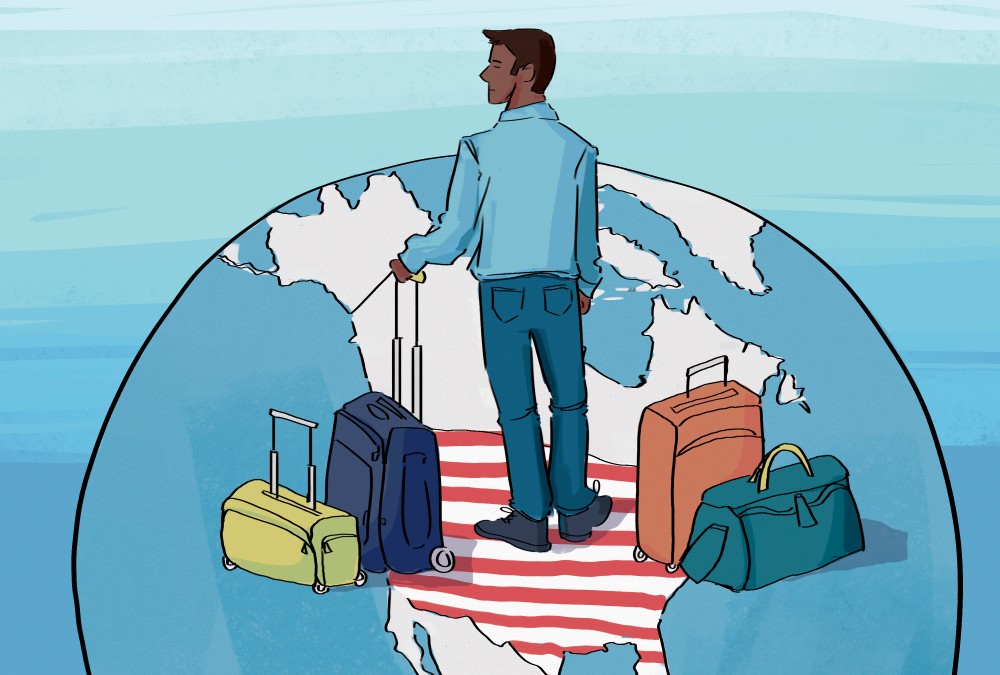The Department of Homeland Security proposed a range of new fees last month that could increase immigration costs for thousands of University of Minnesota students and faculty members.
In early November, U.S. Citizenship and Immigration Services announced a new fee schedule for many immigration applications, with an average increase of 21 percent. For example, the filing fee for a N-400 visa, the application form for permanent residency, would nearly double to $1,170, according to the National Law Review. The fee would affect many of the most common visas University of Minnesota students and faculty members apply for.
The additional funds generated by the fee increases would help reimburse the U.S. Immigration and Customs Enforcement (ICE) for facilitating immigration and naturalization services, according to the proposed rule.
Many communities on campus, including students who have green cards or are part of the Deferred Action for Childhood Arrival program, would bear the burden of the cost increases, said Immigration Response Team Director Marissa Hill-Dongre. In addition, the proposal would take away people’s ability to qualify for a filing fee waiver, she said.
Organizations and individuals can submit comments and insights about the proposed rule to the federal government until Dec. 30. In response, the University’s IRT is currently working to reach out and collect information from different community groups about the fee change.
“One of the things that we’re doing is making people aware of the fact that this proposal is out there and making people aware of the opportunity to submit a comment,” Hill-Dongre said.
IRT has reached out to many University graduates who may intend to apply for a work visa, informing them of the proposed increase, Hill-Dongre said.
University junior Minh Bui from Vietnam plans to apply for jobs after graduation. He said the change in fees is a big factor for him to consider whether to stay or move to another country.
”I think the change in fee is a lot, but it is not … impossible to pay,” Bui said. “It will definitely make students to think … if they want to pursue their career in America because America is not the only option.”
The fee increase would not only affect international students, Hill-Dongre said. But, international students would be immediately affected by the fee increase for employment authorization documents or changes to the H-1B visa fees.
“They are making it more and more difficult to get and maintain these temporary visa statuses that allow people to study and work at the University,” Hill-Dongre said.
University sophomore Paolo Pinto, who is a green card holder from the Philippines, said he plans to apply for American citizenship in the future, but the fee changes could make it “very inconvenient.”
“With the increase in the fee, it adds stress to me as a student who already struggles with so many loans,” Pinto said. “People move to America seeking a better life, but instead they are met with this.”
Hill-Dongre said the USCIS “does periodically raise their fees,” but the fee increases this time are dramatic.
As of Dec. 11, the public has submitted 2,885 comments about the proposal. Many complain the increase is unreasonable and dramatic.








